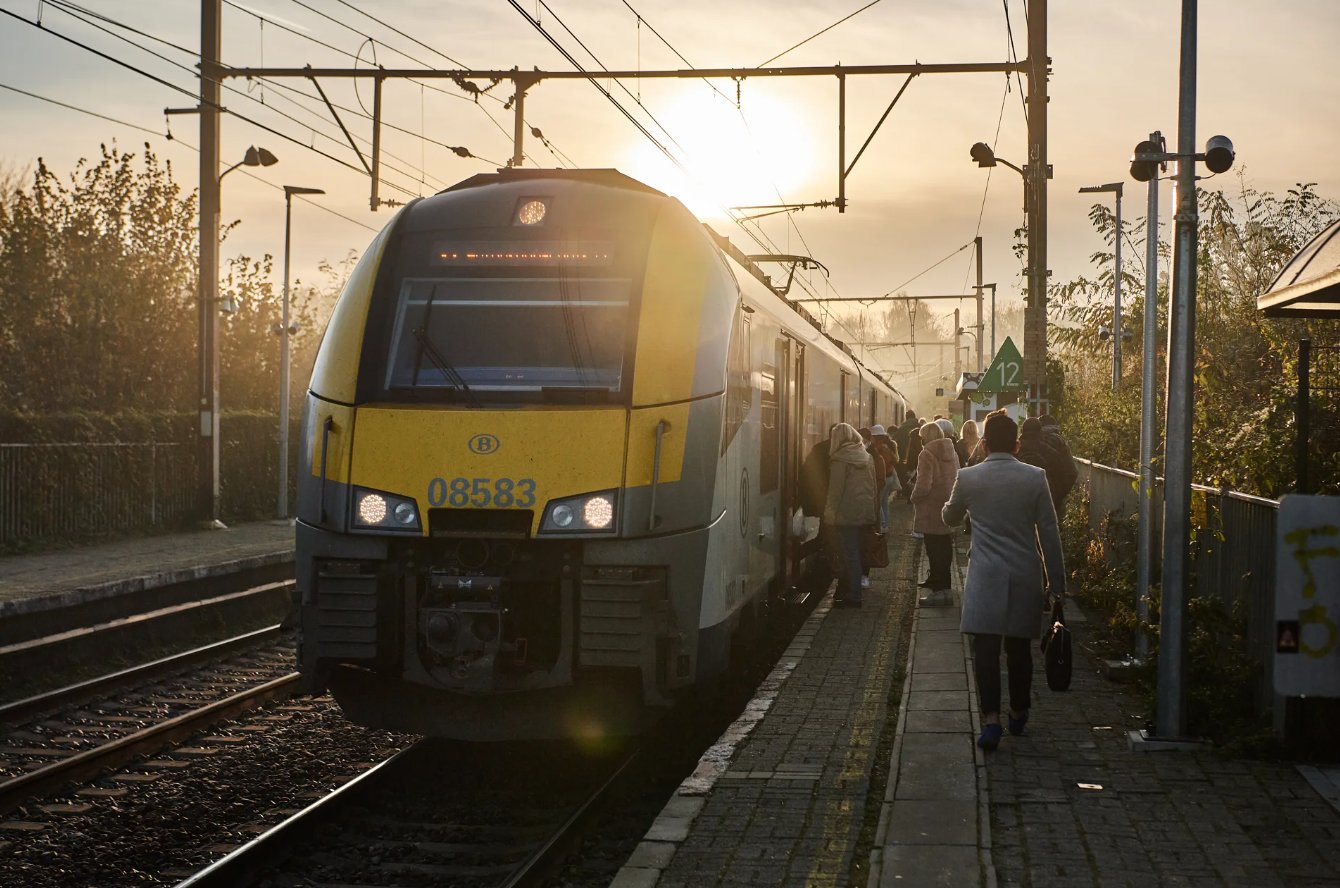With the aviation industry facing net zero targets by 2050, the head of a global aviation body has warned that travelling by air must inevitably become more expensive for passengers.
Air fares have already risen this year due to price hikes for conventional fossil-based jet fuel.
At an annual media briefing, Willie Walsh, the director general of the International Air Transport Association (Iata), said, “Going forward as we see increases in carbon costs … there has to be an impact on ticket prices as the industry transitions to net zero. The airlines cannot absorb increased costs.”
It should be noted that global aviation is set to make its first industry-wide profit since before the Covid-19 crisis, announcing a $4.7bn (4.5bn euro) profit for 2023 at the same event.
Still, Walsh described this as insufficient for the industry to cover the costs it faces. “You cannot expect an industry making on average $1 profit per customer to absorb the increases we’ve seen,” he said.
Environmental groups argue that more expensive air travel will help reduce emissions by limiting demand. But Walsh emphasised the need for a European strategy to promote greener sustainable aviation fuel (SAF).
The EU has set targets to replace kerosene and broadened the definition of ‘green’ alternatives. But carriers are struggling to source enough SAF to meet a 2030 requirement for at least 10% SAF in their fuel mix.
Walsh praised drives to incentivise the production of SAF in the US, where Biden’s ‘Grand Challenge’ lays out plans to supply at least 3bn gallons (11.3bn litres) of SAF a year by 2030. The US is offering tax credits to the SAF industry, while Europeans have called the moves unfair.
In the US it is recognised that sustainable aviation fuels are part of the answer and they are heavily focused on additional production.
Willie Walsh, the director general of the International Air Transport Association
He contrasted this with Europe’s fears over competition.
Walsh is no newbie when it comes to straight-talking. He fell out with Heathrow Airport in the summer, after criticising their failure to provide support staffing in line with the number of slots they expected airlines to use.
His latest remarks on soaring ticket prices chime with those of other industry figures, such as Michael O’Leary of Ryanair, who said earlier this year that the days of £10 flights were over.













